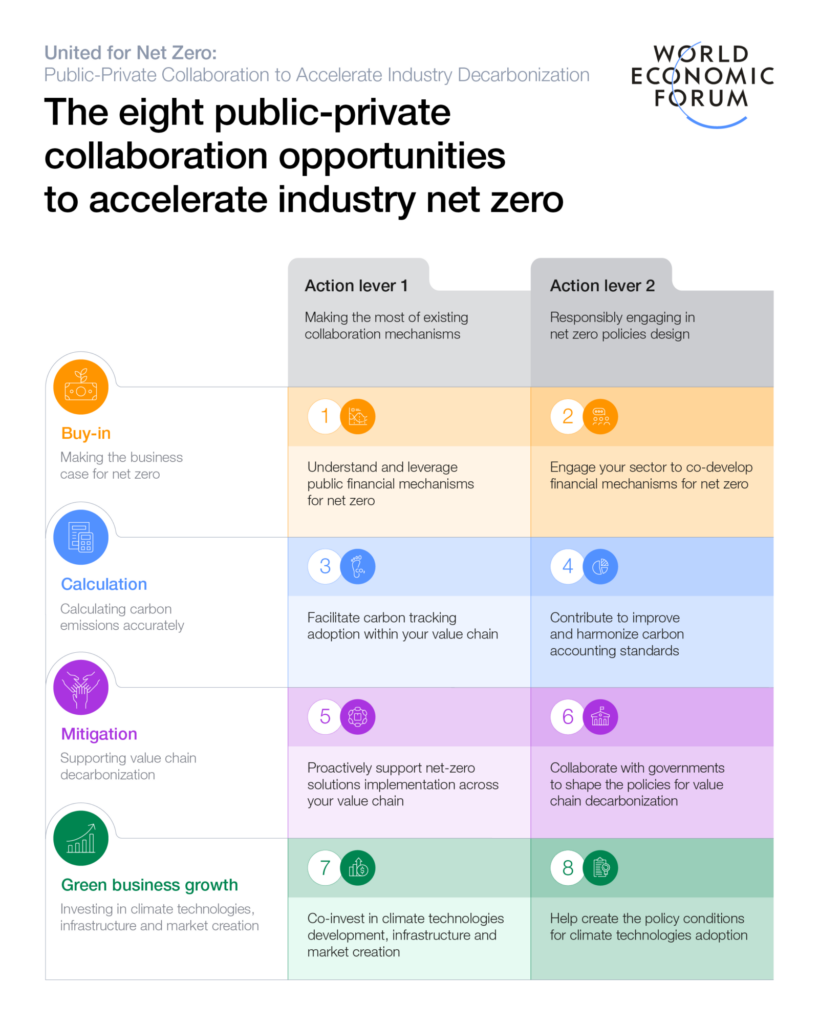Reports and articles
United for Net Zero: public-private collaboration for industry decarbonisation
Published on January 7th 2025
About the WEF Industry Net Zero Accelerator Initiative
The World Economic Forum co-founded the Industry Net Zero Accelerator initiative in collaboration with Cambridge Industrial Innovation Policy (Institute for Manufacturing, University of Cambridge), Capgemini, Siemens and Rockwell.
The initiative provides a cross-industry platform for a growing community of industry leaders, technology providers and academia experts to encourage knowledge sharing and actionable solutions for net zero.
As knowledge-partners of the initiative, Cambridge Industrial Innovation Policy are committed to providing thought leadership to the World Economic Forum in their mission to support the transition to clean energy.
Related resources
Get in touch to find out more about working with us





